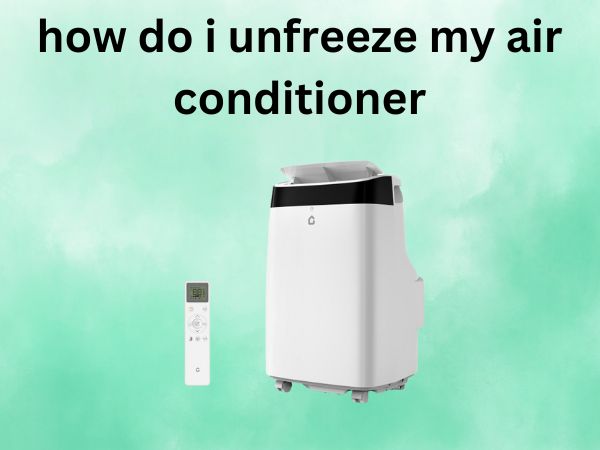How to Fix Window Air Conditioner Leaking Water Inside
We’ve all been there: enjoying a comfortable, cool home on a sweltering day when suddenly, your trusty window air conditioner starts leaking water inside. What a mood dampener! But, worry not. With a bit of elbow grease, we can fix this. Let’s dive into the causes and solutions to solve this watery dilemma.
Table of Contents
Understanding the Problem
If your window air conditioner is leaking water inside your home, it’s a sign that something isn’t quite right. But what exactly causes this watery disaster? Knowing the ‘why’ helps us address the ‘how’ in fixing it efficiently.
Common Causes of Water Leakage
Clogged Drain Holes
Think of your air conditioner’s drain holes as a tiny exit lane for water. When blocked, the water goes rogue, ending up inside your home instead of outside. Over time, dirt and debris can clog these escape routes.
Incorrect Installation Angle
Is your air conditioner leaning too much on one side? Imagine a slanted table where everything rolls to one side – not ideal, right? Similarly, an air conditioner needs a slight outward tilt to facilitate water drainage outdoors.
Damaged or Missing Seal
A broken or absent seal between your AC unit and the window can allow outside moisture to seep inside, like an unwanted guest sneaking into a party.
Frozen Evaporator Coils
Ever seen a snowcap on your air conditioner? Frozen coils can cause water to drip internally once they thaw. This usually hints at refrigeration or airflow issues.
DIY Troubleshooting Steps
Before you panic, some DIY steps might save the day. Let’s look at how we can tackle each of these problems with aplomb and perhaps a bit of experimentation.
Tools You Will Need
- Screwdriver
- Level
- Vinegar or mild detergent
- Vacuum cleaner or blower
- Replacement seal
- Rags or towels
Step-by-step Guide to Fix the Leak
Step 1: Shut Down the Unit
First thing first, switch off the air conditioner to prevent any electrical mishaps. Safety first, right?
Step 2: Check and Clear Drain Holes
Use a pin or similar object to clear any blockage in the drain holes. A vacuum can offer extra suction power to remove stubborn debris. Watch out, dirt!
Step 3: Adjust the Installation Angle
Ensure that your AC is slightly tilting outward using a level. This angle allows gravity to be your best friend by pulling water outside.
Step 4: Inspect and Replace Seal
Check the seal between the AC unit and window. If it’s missing or damaged, apply a new seal to prevent sneaky leaks.
Step 5: Address Coil Freezing
- Check the airflow: Ensure filters and vents are clean.
- Turn off the AC to let the coils defrost.
- If coils continue to freeze, consider service support.
Preventive Tips to Avoid Future Leakage
Regular Maintenance
A stitch in time saves nine! Routine cleaning and checks can prevent water leakage hassles in the future.
Monitor Humidity Levels
High humidity equals more condensation. Using a dehumidifier might reduce unnecessary stress on your unit and manage water output.
When to Call a Professional
If troubleshooting feels like deciphering ancient scripts or the problem persists, it’s time to call in the cavalry—a professional. They can provide expertise or spot intricate issues you might miss.
Conclusion
No one enjoys the surprise of water stains on the wall or damp carpets from a misbehaving air conditioner. But by understanding the problem and following these steps, you can rapidly resolve these leaks and ensure your cooling oasis remains a source of comfort, not calamity.
FAQs
How often should I clean my air conditioner drain holes?
It’s a good habit to inspect and clean drain holes at least once a month during peak use in summer. A cleaner system translates to fewer leaks.
Can incorrect installation void my air conditioner’s warranty?
Yes, improper installation might void some warranties. Always follow the manufacturer’s installation guidelines carefully or consider professional installation.
What if water leakage continues after cleaning the drain?
If leakage persists, the issue might be more complex, like a coolant leak or severe seal malfunction. This calls for professional involvement.
Why does my air conditioner create a bad odor with leaks?
Unwanted moisture can lead to mold and mildew, which produce foul odors. Regular cleaning and timely leak management should prevent this from happening.
Is it safe to run a leaking air conditioner?
Running a leaking unit can pose safety risks, particularly electrical hazards. It’s best to resolve leaks before using the AC again.


